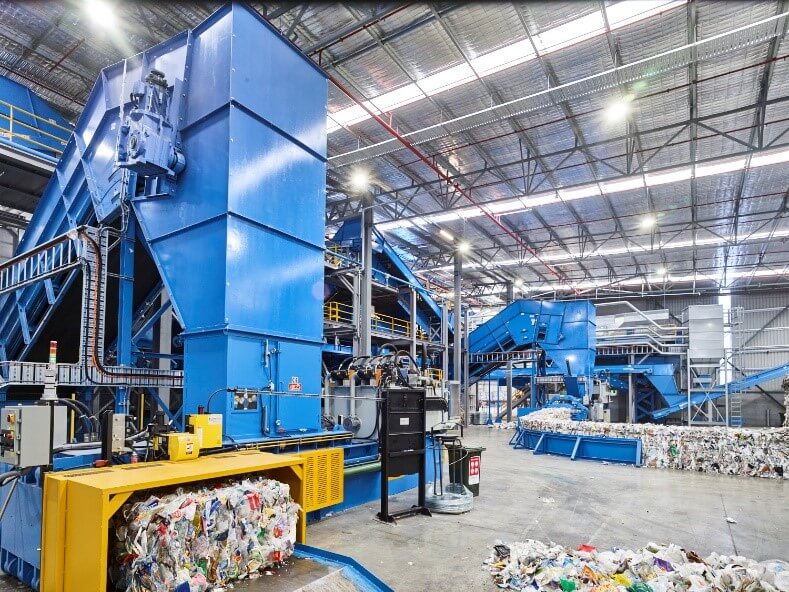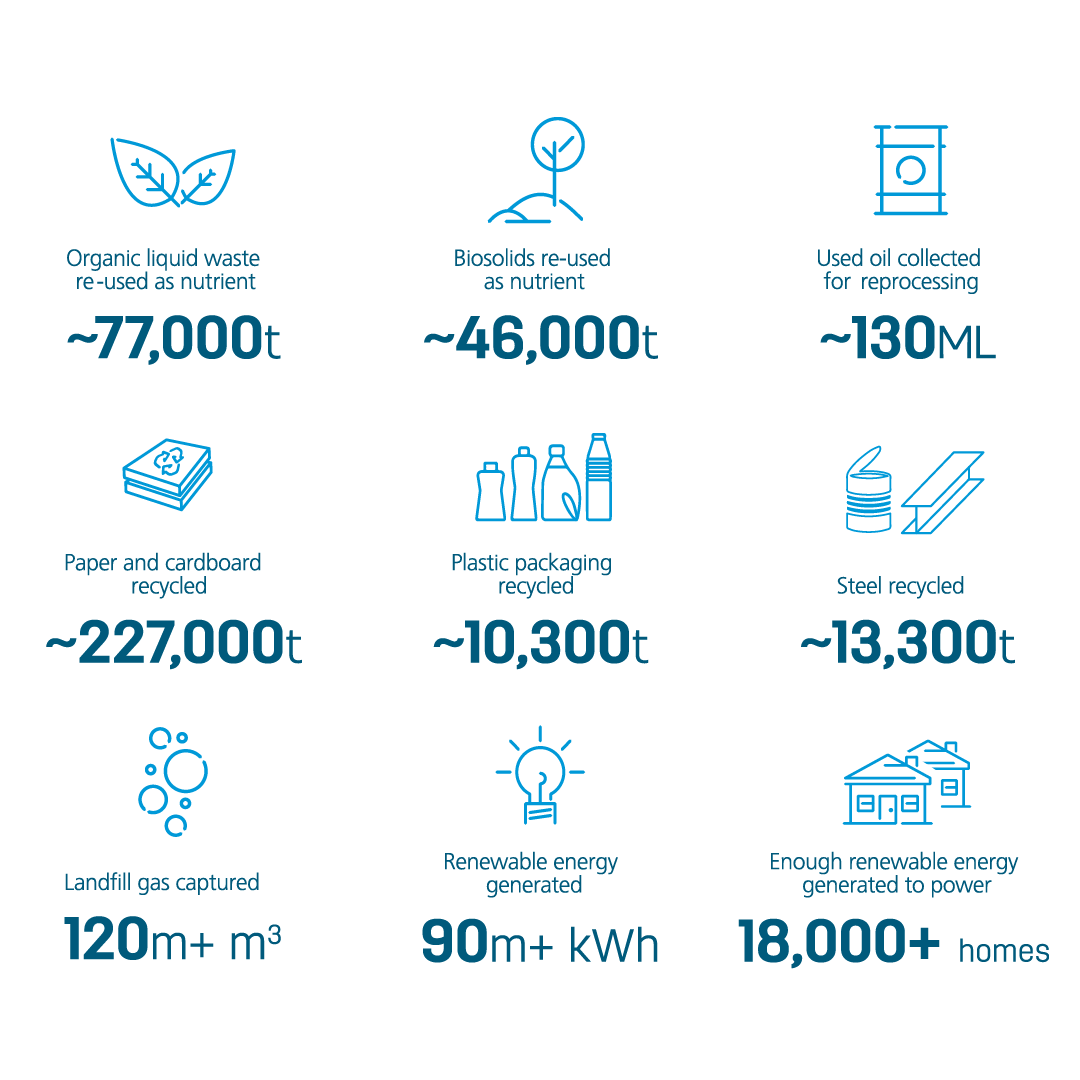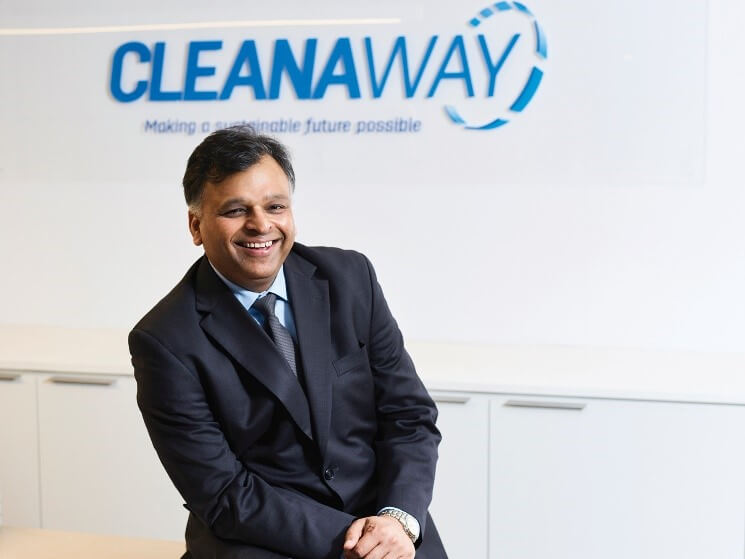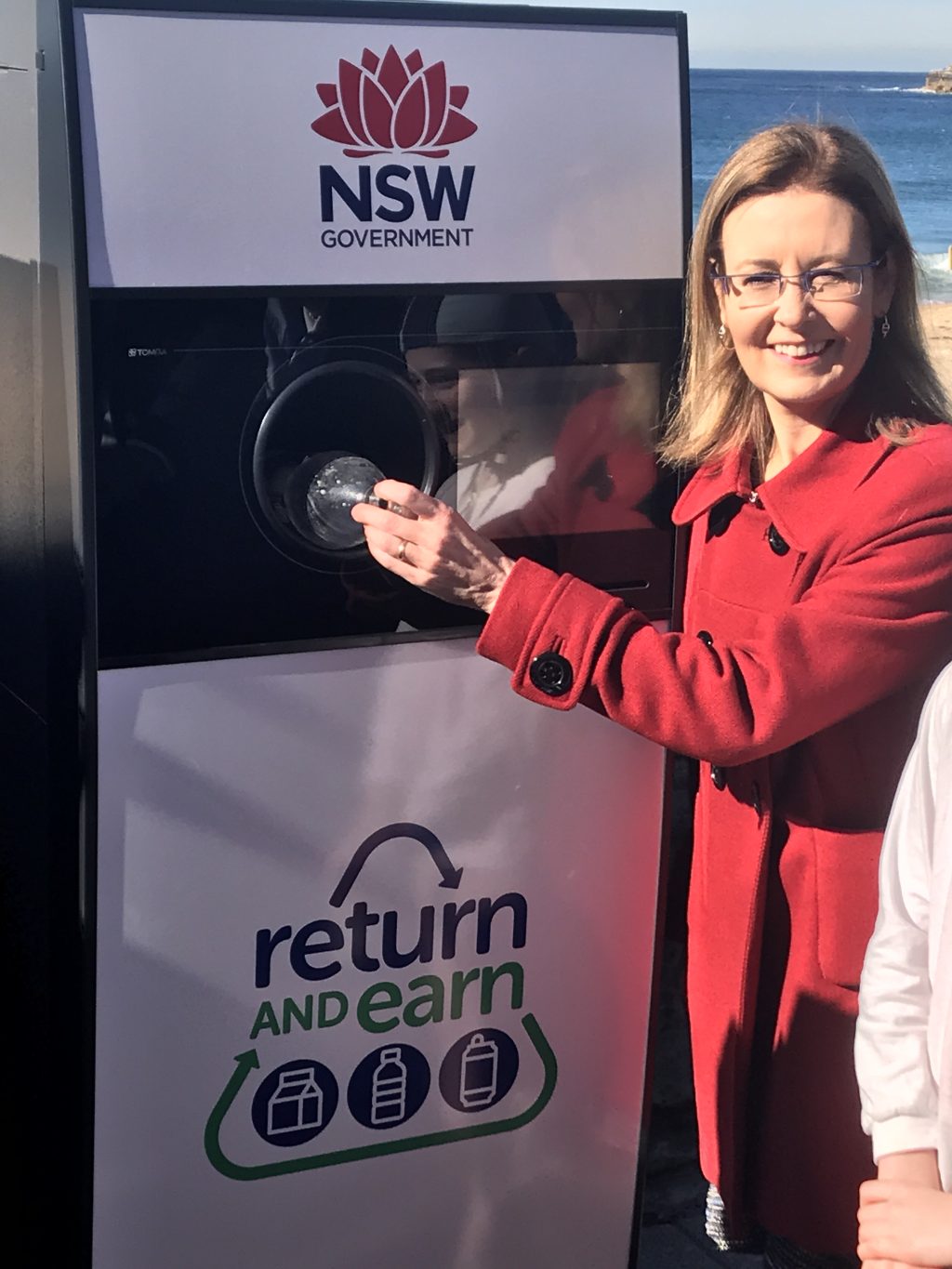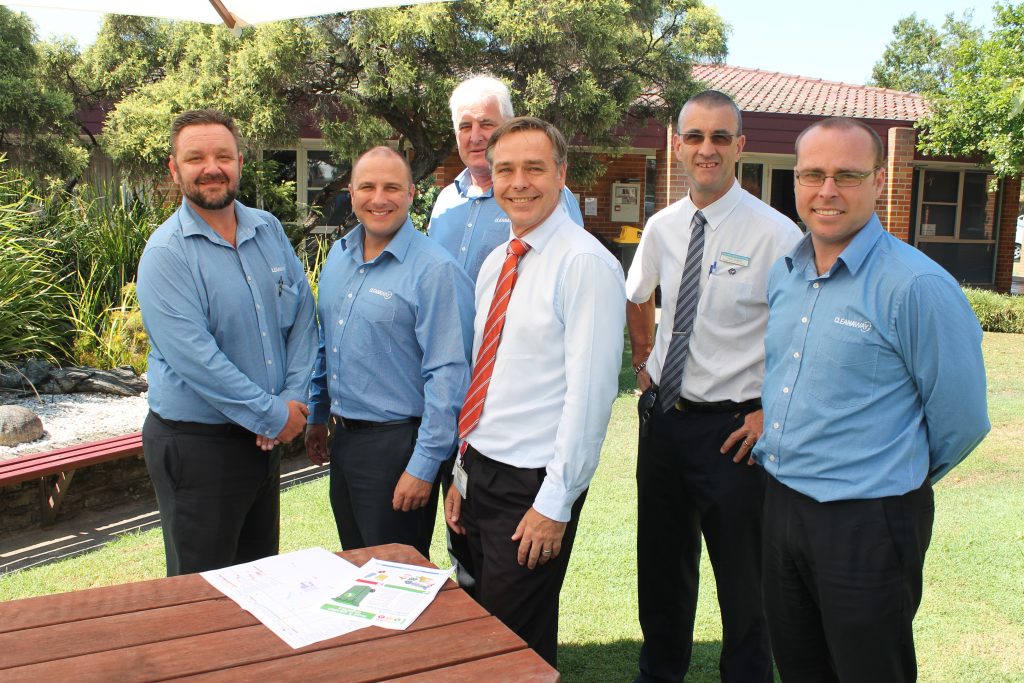Updated 30 March 2019
What it means to be truly innovative in any industry is hard to define – but how is the waste and recycling industry driving innovation in a time of progress and development in Australia?
In this article, Dr Karl Baltpurvins, General Manager, Technical and Environmental Services, sheds some light on the challenges facing the waste industry and how we need to innovate to meet expectations.
The importance of innovation in the waste management industry
Why do organisations “innovate”? If you ask Dr Google, the “process of business Innovation involves translating an idea or invention into a good or service that creates value or for which customers will pay. In business, innovation often results when ideas are applied by the company to further satisfy the needs and expectations of the customers”.
In my experience, the goal of innovation is to provide your organisation with a competitive advantage within the market in which you operate. In the waste sector, this is typically focussed on cost reduction, but other areas such as sustainability and the customer experience can also provide differentiation. The key is to understand what your customers want and also what factors drive the market (e.g. landfill levies). For the waste industry, the market is going through unparalleled change, particularly driven by the National Sword policy in China, and restrictions by other Asian countries, which has upset the recycling equilibria around the world. In this context, the goal of innovation in the waste management sector should logically be focussed on developing domestic resource recovery solutions. Ultimately, the organisations that innovate will obtain a competitive advantage by reducing their costs and achieving a sustainable future.
Being a market leader through innovation
Innovation in the resource recovery sector requires the sector to consider not only the future drivers of waste generation in Australia but also the world. Most of these drivers are predictable and it often surprises me just how short sighted business can be. Most importantly we need to consider the drivers in the economy and what impact these will have in the future state. For example, if you consider the rapid adoption of technology, where it be an iPhone or flat screen TV, it is fairly predictable that the volume of these wastes will be generated in line with market expansion.
The key to innovation is to invest at the right time. If you invest too early you run the risk of not obtaining a reasonable return on your investment; too late and you simply fall behind your competitors. As a country, we need to have long-term vision and an investment horizon (often 10+ years) that supports us in realising this vision. There is also a significant need for government, at all levels, to support innovation in the sector. This can include providing innovation funding, product stewardship schemes, landfill levies (and bans), ensuring that the planning process supports rather than hinders investment.
The effect of social change on policy
During my 20-year career in the waste management industry, I have never seen such a focus on the waste, as evidenced by the War on Waste series aired on ABC. It is very clear that the Australian population expects the industry and government to uphold environmental and sustainability standards. Whether it be the illegal export of e-waste to developing world, or simply banning single use plastic bags in our supermarkets, the community has mobilised and is driving significant social change.
The key now will be for the government to develop a suitable policy framework, and for all industry participants to support and drive this change. Areas such as the development of domestic recycling solutions and waste to energy are the number one priorities for the sector.
Driving change through investment
The waste sector has always shown itself to be adaptable to change with the constant evolution of the market. However, there is no doubt that the current challenges we face in Australia will require more intensive investment in infrastructure and technology. This type of investment requires very strong government policy making, so that the industry has confidence that the investment will provide a reasonable return on capital over the lifetime of the investment. For this to occur there needs to be a strong alignment with the waste management industry and policy makers (end enforcers) so that the investment risks are specifically addressed.
There also needs to be significant incentives for industry to make the necessary changes to drive such change. A good example of this is the NSW EPA Waste Less Recycle More program which aims to allocate $802 million to stimulate new investment in the sector. The great benefit of this type of program is that it requires the industry participant to jointly fund an initiative, but reduces the return on investment hurdle rate, which certainly stimulates this type of innovation.
Dr Karl Baltpurvins is the General Manager of Technical and Environment Services at Cleanaway. He holds a PhD in environmental chemistry from the University of Newcastle and has over 15 years of experience in the environmental services sector. Karl is a chartered chemist with the Royal Australian Chemistry Institute and has published papers on contaminated soil treatment, hazardous waste management, geochemical exploration, wastewater treatment and environmental chemistry.
Contact us to learn how Cleanaway can help you make a sustainable future possible with our innovations in waste management.
